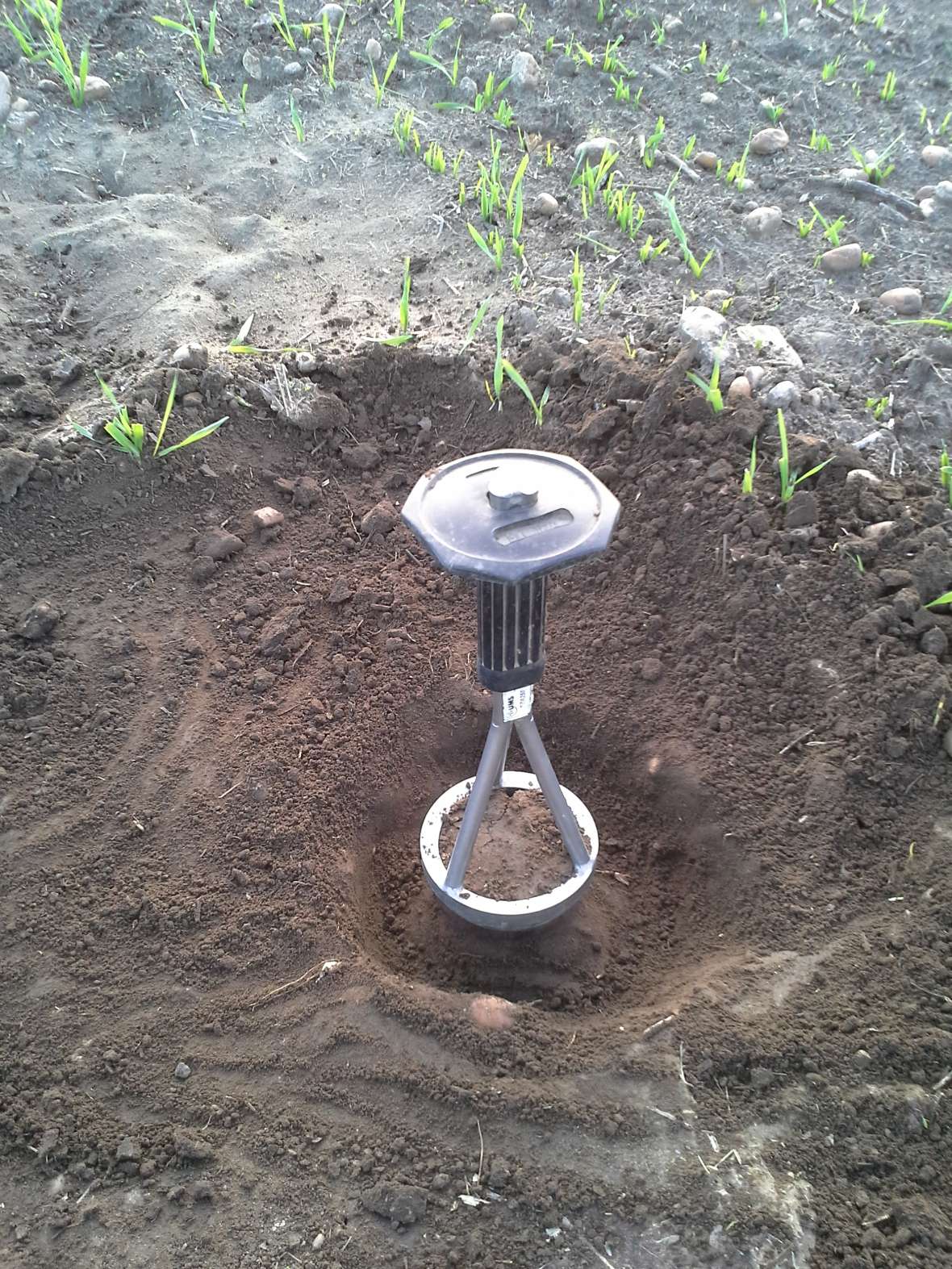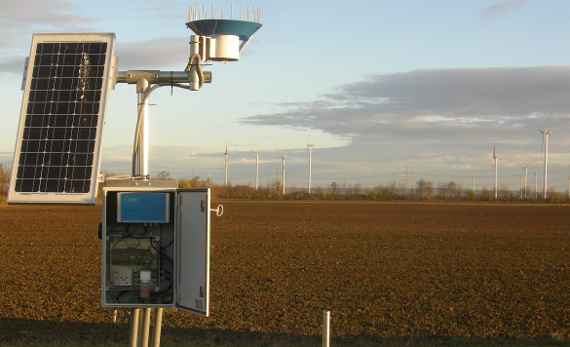Our goal is to protect the groundwater at certain points and over a wide area so that it can be used as drinking water without treatment.
Thus, we are compiling basic assessment-, planning- and decisional data and are developing suitable measures to avoid the entry of pollutants and problematic substances like nitrate, pesticides and heavy metals into the groundwater. We are relying on the results of field experiments, the application of calculation models (e.g. STOTRASIM, this model calculates the nitrogen balance in the soil in daily balances) and the examination of hydrological characteristics in our lab.
The water and elemental dynamics from the ground surface to the groundwater characterize the quantity and quality of subterranean water resources. Aside from pure transport mechanisms, retention, release, depletion and conversion are crucial processes. Substance transport in the unsaturated zone is a key issue of groundwater conservation as well as of soil conservation.
-

© BAW-IKT / Scheidl zoom gallery -
© BAW-IKT / Scheidl zoom gallery
Current Activities:
Field survey
The metrological field survey of water and substance flow in the soil offers a database in spatial and temporal dimensions, which is essential for the estimation of sustainable groundwater management and the calibration of calculation models.
Simulation Models
We use computational models to try to replicate the processes, interactions and events of nature and also to work out solutions by applying them in scenario analyses. We have developed and service the substance-transport model STOTRASIM to the unsaturated zone, which is based on SIMWASER for water dynamics (soil water balance model).
Risk assessment
Combining the results from field surveys, scenario analysis and under consideration of soil-hydrological characteristics gained by laboratory examinations, we evaluate the risks of groundwater protection for regional determining factors (weather, land use, land management).

